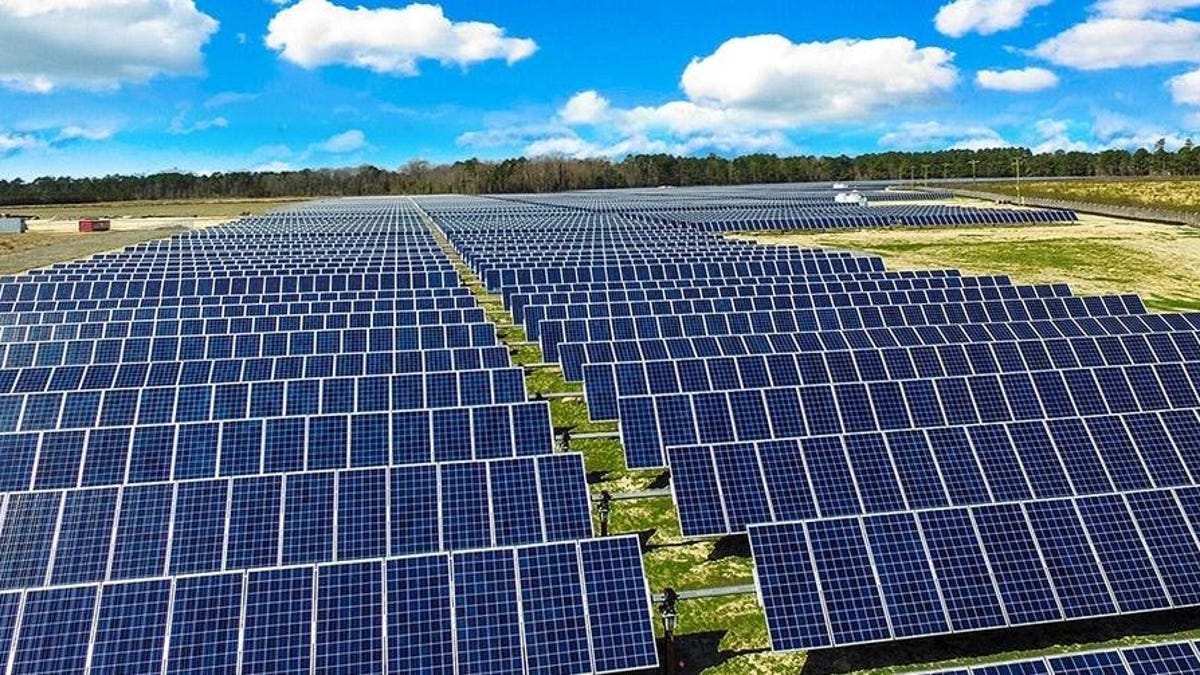Solar photovoltaic energy is riding the wave of the future. Gas and oil have powered the previous hundred years of economic and industrial development, but demand for solar energy is growing even faster than China’s investment in green energy. Seven massive solar energy companies in China are building enough solar power that it has begun to overtake the energy reserves of the seven largest oil companies. The largest of them, Tongwei Co., builds enough solar panels in a year to power all of Italy.
The cost of solar energy has dropped dramatically over the last two decades, and research into the efficiency of PV panels has come a long way at the same time. It isn’t beyond reason to see the trends and assume that solar power will be the energy of growth in the next hundred years. The simplicity, longevity, low cost, and efficiency of solar already makes it an easy choice, but as it continues to improve, it’ll only get bigger.
According to this report from Bloomberg, the biggest seven oil giants (Exxon, Chevron, Shell, TotalEnergies, BP, ConocoPhillipps, and Eni) extract around 40 exajoules of petroleum energy from the ground per year, or just shy of 18 million barrels per day. Compare that to the 5-ish exajoules of electricity produced by the solar panel output of China’s seven largest companies, and it doesn’t sound quite so impressive. That, however, does not take into account that the vast majority of petroleum energy is burned off as heat and noise losses. Nor does it account for the lifetime energy production of a solar panel, simply what it makes in a year. Most modern solar panels carry a 25 year warranty, while oil and gas sold this year will be used within a month or two and then it’s gone forever.
Using a conservative production metric, the panels produced by Tongwei in 2024 will contribute around 27 exajoules of electricity to the grid, while the oil and gas pulled out of the ground by Exxon this year will account for a mere six exajoules. In fact, all seven of the biggest petroleum producers combined will contribute less energy from their products this year than just Tongwei’s long-tail solar production.
What does this mean for the balance of global power? More from Bloomberg:
Since the first industrial revolution raised coal-rich Britain, Germany and the US to dominance, and the rise of crude brought power and wealth to Russia and the Middle East while extending America’s global lead, the nations that controlled the headwaters of these energy flows have been the hegemons of each succeeding century.
Right now, seven Chinese companies have a bigger stake in the power source of the 21st century than the Seven Sisters of oil that dominated the 20th. If you want to understand the roots of the geopolitical angst driving Washington’s crackdown on China’s clean technology, it’s impossible to ignore that fact.
By dragging our feet on solar, the U.S. has fallen far behind on research, development, and production. China will almost assuredly have the upper hand in the future of energy production.

